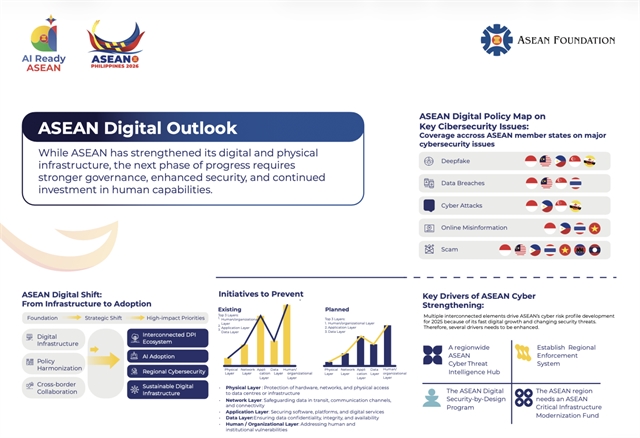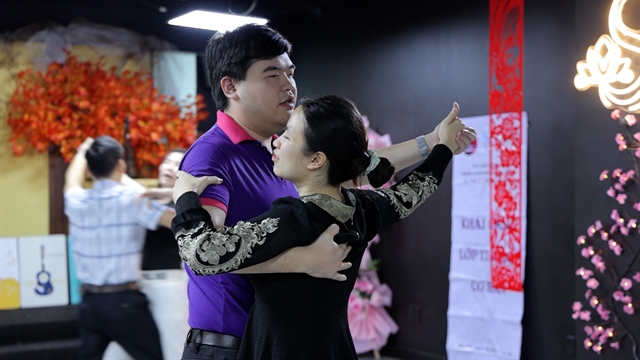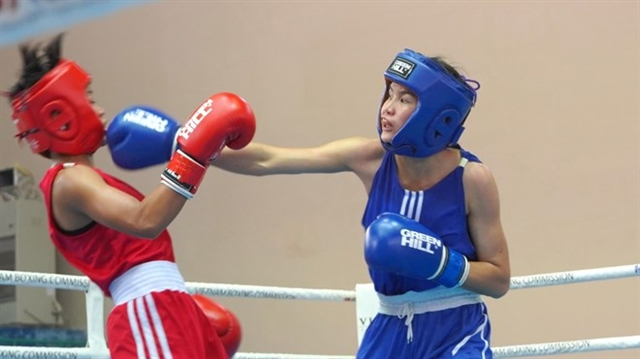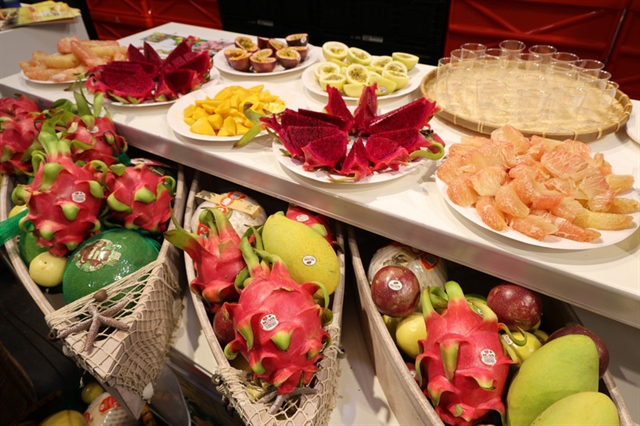 bizhub
bizhub
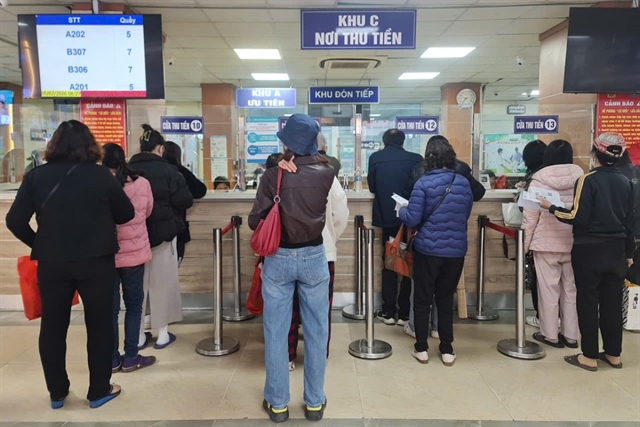
Johnson & Johnson on July 30 announced that its lead vaccine candidate protected against infection by SARS-CoV-2, the virus that causes COVID-19, in pre-clinical studies.
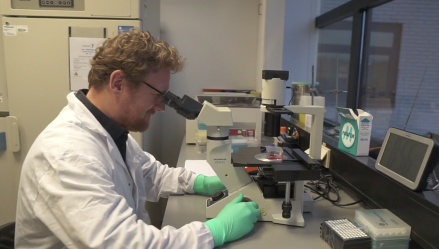
|
| Johnson & Johnson's vaccine candidate protected against infection by SARS-CoV-2, the virus that causes COVID-19, in pre-clinical studies. Photo courtesy of the company |
HCM CITY— Johnson & Johnson on July 30 announced that its lead vaccine candidate protected against infection by SARS-CoV-2, the virus that causes COVID-19, in pre-clinical studies.
The data, published in Nature, show the company’s investigational adenovirus serotype 26 (Ad26) vector-based vaccine elicited a robust immune response as demonstrated by “neutralizing antibodies,” successfully preventing subsequent infection and providing complete or near-complete protection in the lungs from the virus in non-human primates (NHPs) in the pre-clinical study.
Based on the strength of the data, a Phase 1/2a first-in-human clinical trial of the vaccine candidate, Ad26.COV2.S, in healthy volunteers, has now commenced in the United States and Belgium.
Paul Stoffels, M.D., vice chairman of the executive committee and Chief Scientific Officer for Johnson & Johnson, said: “We are excited to see these pre-clinical data because they show our SARS-CoV-2 vaccine candidate generated a strong antibody response and provided protection with a single dose. The findings give us confidence as we progress our vaccine development and upscale manufacturing in parallel, having initiated a Phase 1/2a trial in July with the intention to move into a Phase 3 trial in September.”
The robust Janssen COVID-19 clinical trial program, including the Phase 1/2a clinical trial and the Phase 3 clinical trial program, will evaluate both one- and two-dose regimens of Ad26.COV2.S in parallel studies.
The Phase 1/2a trial will evaluate the safety, reactogenicity (expected reactions to vaccination, such as swelling or soreness), and immunogenicity of Ad26.COV2.S in over 1,000 healthy adults aged 18 to 55, as well as adults aged 65 and older. Planning is underway for a Phase 2a study in the Netherlands, Spain and Germany and a Phase 1 study in Japan.
As the company plans its COVID-19 Phase 3 clinical development program, discussions are underway with partners with the objective to start a pivotal Phase 3 clinical trial of the single vaccine dose versus placebo in September, pending the interim data of the Phase 1 and 2 trials and approval of regulators.
Simultaneously, the company is also planning to start a parallel Phase 3 clinical trial of a two-dose regimen versus placebo.
The company also will emphasise representation of populations that have been disproportionately impacted by the pandemic as it designs and implements its COVID-19 Phase 3 trial program. In the United States, this would include significant representation of Blacks, Hispanic/Latinx and participants over 65 years of age.
The pre-clinical studies were conducted by researchers from Beth Israel Deaconess Medical Center (BIDMC) in collaboration with the Janssen Pharmaceutical Companies of Johnson & Johnson and others as part of its ongoing collaboration to accelerate the development of a SARS-CoV-2 vaccine.
Dan Barouch, M.D., Ph.D., Director of the Center for Virology and Vaccine Research at BIDMC and the Ragon Institute, said: "The pre-clinical data, generated in collaboration with the Johnson & Johnson team, highlights the potential of this SARS-CoV-2 vaccine candidate. Moreover, the data suggest that antibody levels may serve as a biomarker for vaccine-mediated protection.” VNS

